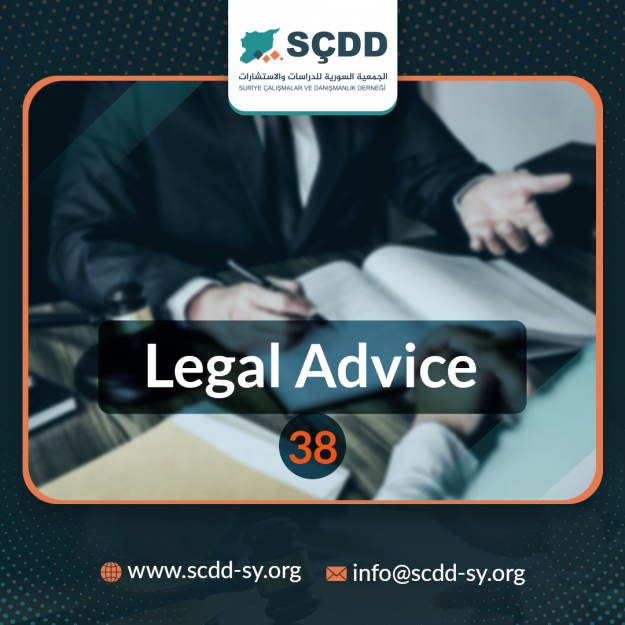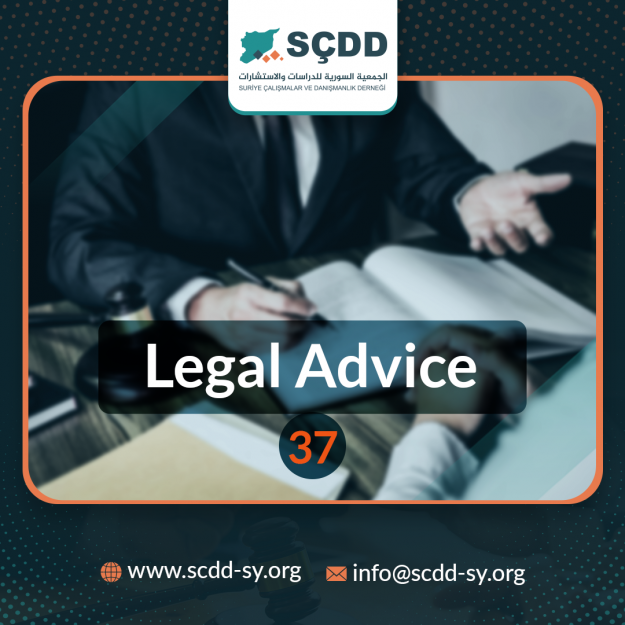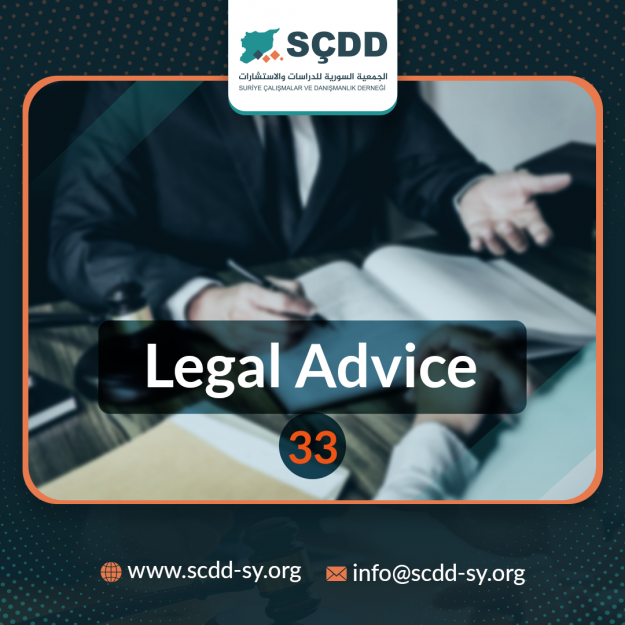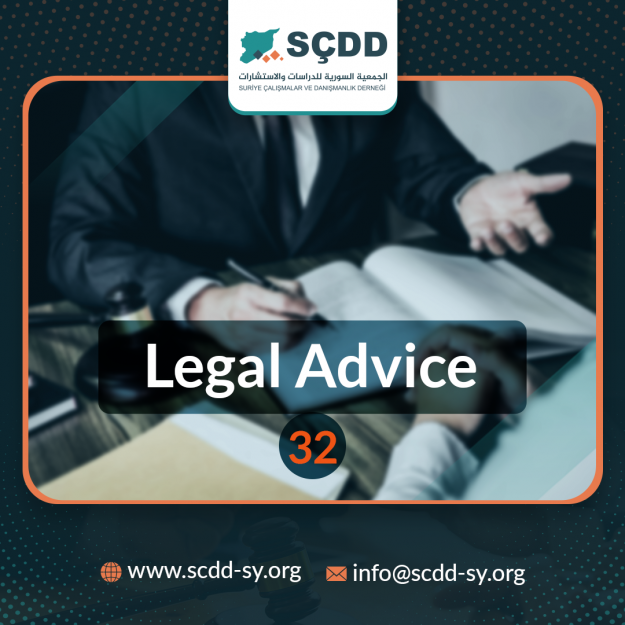Islamic Inheritance Limitation
Islamic Inheritance Limitation: It is a legal document in which the Shariah Judge establishes the amount of the shares of the heirs of a deceased person with shares, and shares are calculated according to the provisions of inheritance in Islamic Sharia. The purpose of restricting the legal inheritance is to show the percentage of shares…







